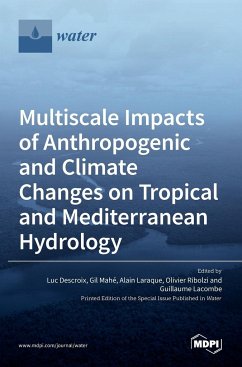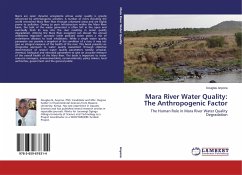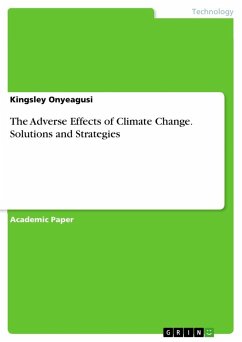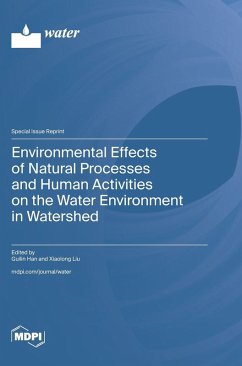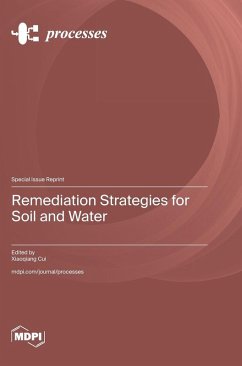
Effects of Climate Change and Anthropogenic Disturbances on Water Ecological Environment and the Coping Strategies
Versandkostenfrei!
Versandfertig in 1-2 Wochen
66,99 €
inkl. MwSt.

PAYBACK Punkte
33 °P sammeln!
The recognition of global climate change as an environmental issue has drawn attention to the climatic impact of human activities. Scientists and environmentalists have pointed out that human-induced climate change results from disturbances in all aspects of the environment. Among them, aquatic environments (including water, sediments, aquatic organisms, etc.,) are closely related to all kinds of human interference. However, they are under increasing stress due to climate change and human disturbances, such as an increased input of pollutants, a loss of biodiversity and a decrease in ecologica...
The recognition of global climate change as an environmental issue has drawn attention to the climatic impact of human activities. Scientists and environmentalists have pointed out that human-induced climate change results from disturbances in all aspects of the environment. Among them, aquatic environments (including water, sediments, aquatic organisms, etc.,) are closely related to all kinds of human interference. However, they are under increasing stress due to climate change and human disturbances, such as an increased input of pollutants, a loss of biodiversity and a decrease in ecological functions. Fortunately, realizing the urgency and importance of the matter, researchers have started to work on coping strategies, including effective water treatment and energy recovery. This Special Issue focuses on revealing the effects of climate change and anthropogenic disturbances on water ecological environments, analyzing physical, chemical and biological aspects.




